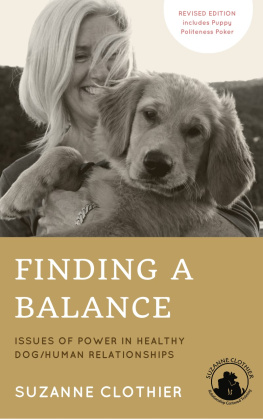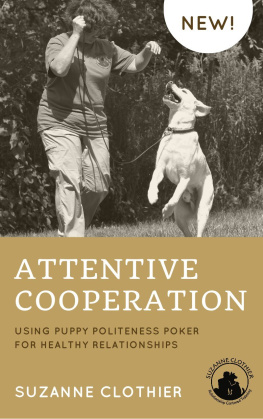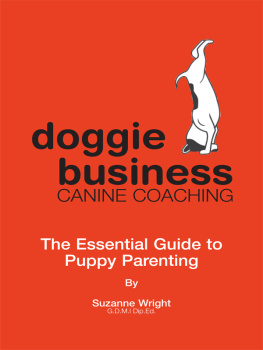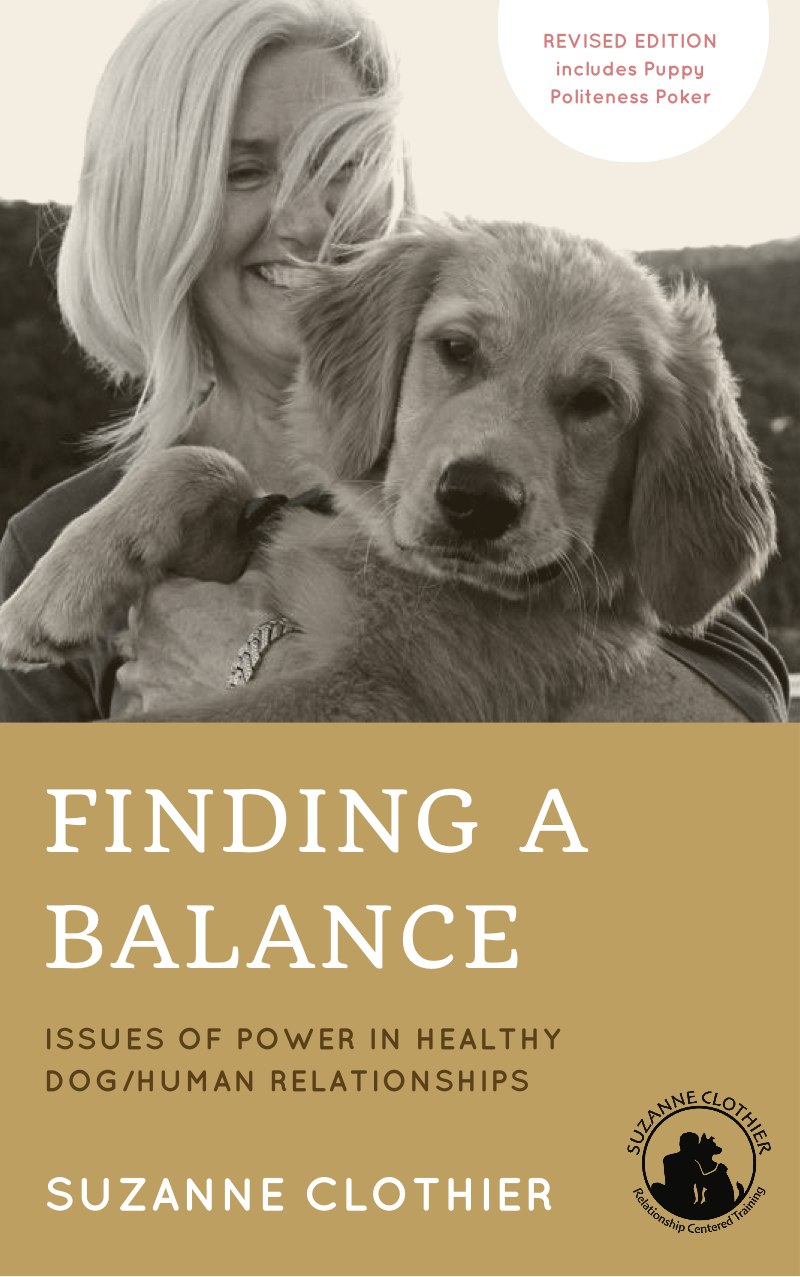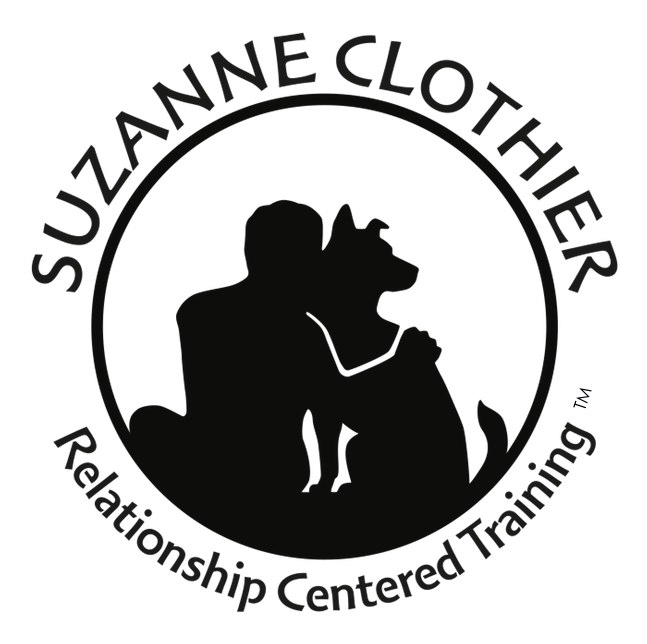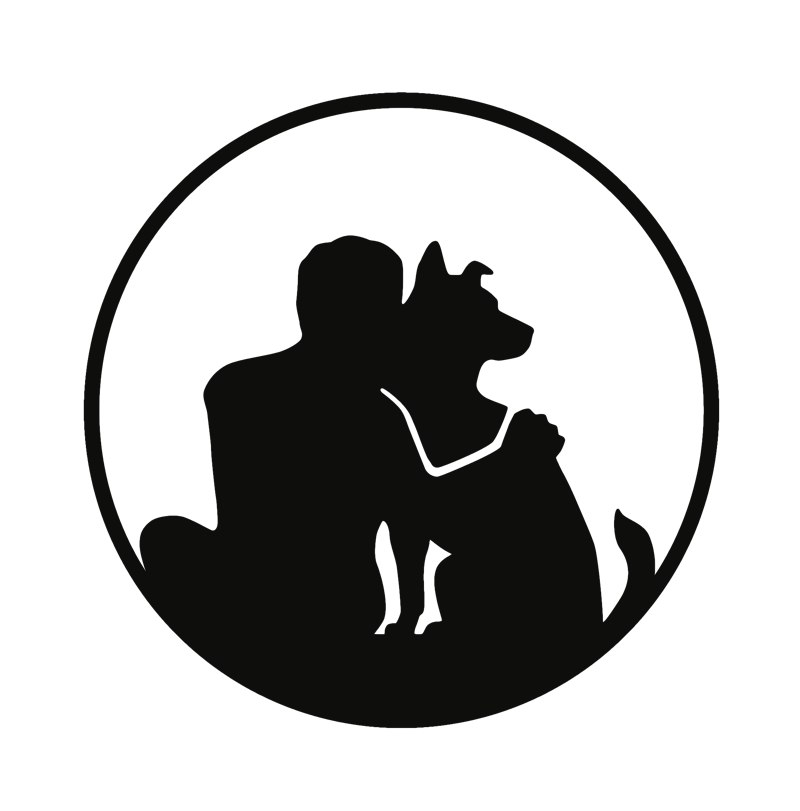Suzanne Clothier - Finding a Balance: Issues of Power in Healthy Dog/Human Relationships
Here you can read online Suzanne Clothier - Finding a Balance: Issues of Power in Healthy Dog/Human Relationships full text of the book (entire story) in english for free. Download pdf and epub, get meaning, cover and reviews about this ebook. year: 2017, publisher: Dogwise Publishing, genre: Home and family. Description of the work, (preface) as well as reviews are available. Best literature library LitArk.com created for fans of good reading and offers a wide selection of genres:
Romance novel
Science fiction
Adventure
Detective
Science
History
Home and family
Prose
Art
Politics
Computer
Non-fiction
Religion
Business
Children
Humor
Choose a favorite category and find really read worthwhile books. Enjoy immersion in the world of imagination, feel the emotions of the characters or learn something new for yourself, make an fascinating discovery.
- Book:Finding a Balance: Issues of Power in Healthy Dog/Human Relationships
- Author:
- Publisher:Dogwise Publishing
- Genre:
- Year:2017
- Rating:3 / 5
- Favourites:Add to favourites
- Your mark:
Finding a Balance: Issues of Power in Healthy Dog/Human Relationships: summary, description and annotation
We offer to read an annotation, description, summary or preface (depends on what the author of the book "Finding a Balance: Issues of Power in Healthy Dog/Human Relationships" wrote himself). If you haven't found the necessary information about the book — write in the comments, we will try to find it.
This is the revised & expanded 2017 edition
Finding A Balance examines the differences between canine & human perceptions of power and leadership. What we consider loving and responsible behavior, our dogs may see as ineffective or confusing.
Is your dog a Trust Fund Puppy? This booklet offers tips on evaluating the balance of power in your household, as well as easy to use, commonsense guidelines for establishing or restoring a healthy balance to your relationship with your dogs. Includes an abbreviated version of Puppy Politeness Poker plus PPP Worksheets & Cards.The complete PPP information can be found in Attentive Cooperation.
If your goal is a friendship, not a dictatorship, Finding A Balance will help you recognize your dogs cultural needs for leadership and find ways to meet those needs in a holistic and loving way.
Suzanne Clothier: author's other books
Who wrote Finding a Balance: Issues of Power in Healthy Dog/Human Relationships? Find out the surname, the name of the author of the book and a list of all author's works by series.

